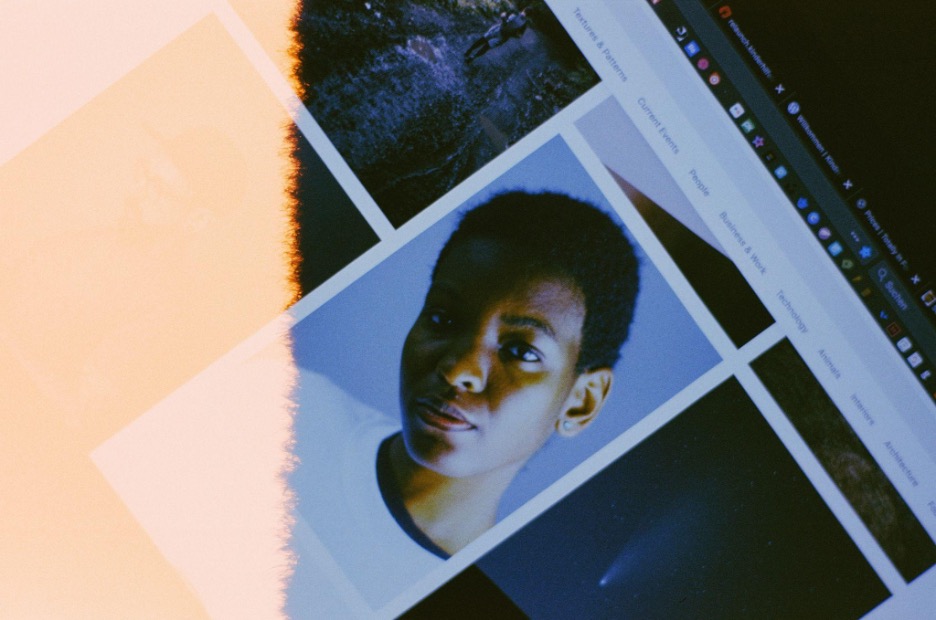Should You Copyright Your Photos? - How to Protect Your Images
This entry was posted on November 7, 2022.
Whether you are a budding photographer or someone who has been making a living with your photography for years, it’s important to know the ins and outs of protecting your images. It’s easier than ever to share your photographs online, which is excellent news for anyone who wants to show off their work or market their photography services. Within minutes (and with a few clicks!), you can upload your photographs to the web, share them on social media and display them online.

However, this also makes it easier than ever for other people to use those photos without your permission. It only takes a minute or two for someone to find your image, copy it and use it elsewhere. Not only does this prevent you from getting the recognition and payment that you deserve for your work, but it also means that you have no say over how your work is used or by whom. This is where copyrighting your photos comes in.
Regardless of how many photographs you take or how experienced you are, it’s important to know how to copyright your photos as a photographer. Otherwise, your images won’t be protected. Luckily, UK law makes copyrighting your photos straightforward. In fact, you don’t have to do much at all.
Understanding UK Photography Copyright Law
In the UK, copyright law does a good job of protecting creators, including photographers. The moment you take a photograph - or the moment you create any kind of image, be it a photograph, a unique design, or even a video - it belongs to you, and you have the copyright. Unlike trademarking an idea or product, you don’t need to specifically register the photograph as being yours, nor do you need to add a watermark to the image. If you create it, you have the copyright. It’s that simple. This makes it very easy to keep on top of copyrighting your photos and protecting your images. The work is yours, and it cannot be used without your consent.
Exceptions to the Copyright Law
Copyrighting images is straightforward when it comes to landscape photography or any image that doesn’t showcase another person. If someone is in your photos, such as a model or someone sitting for a portrait, they have some rights over how the image is used. You still automatically own the copyright for the photograph, but you will need them to consent to it being sold or distributed in certain ways. The easiest way around this is by getting them to sign a release form, sometimes referred to as a ‘models release’, stating that you can use the image as you wish.
There is one major exception to the automatic copyright rule: if you are taking photographs on behalf of a company. For example, if you are employed as a photographer by a digital marketing company. In this instance, the employer will have the copyright for the images, even though you are the person who took them. You also don’t own the copyright if you have an agreement with a third party in place; if the agreement states that they will own the images, then the ownership goes directly to them. Other than this, you automatically own the copyright for all photographs taken by you.
What Happens if Someone Uses Your Photo Without Permission?
If one of your photographs is used without your permission, it’s called copyright infringement. It means that someone has broken the copyright that was in place and has illegally used your photograph. Copyright infringement spans far and wide, and it includes if they have reproduced, copied, distributed or publicly displayed your work.
You can take legal action against the person who has used the image and request that they stop using it immediately. It doesn’t matter if they used your photograph accidentally or if they edited it, so it looks slightly different; you can still take action. You can also take legal action even if they used the image and gave you credit as the owner. Usually, copyright infringement is settled with a fee being paid to you by them.
Can You Waiver the Copyright to Your Photos?
Sometimes, you will want people to be able to use your photograph. If this happens, you can simply grant permission on an individual basis. This means allowing someone to use your image while keeping the copyright. You should have everything in writing, showcasing who you have permitted and the fee you have received for it. This often happens when companies want to use a specific image as part of their marketing campaign.
When you give someone permission to use one of your images, you do have some say over how it’s used. You can dictate how your work is adjusted or edited, how it’s used and whether or not you want to be cited as the photographer. For example, you can say no if you don’t want your photograph being used for advertising a product that goes against your beliefs or reputation. You can also say yes, but only if they don’t alter the image in any way.
If you don’t mind who uses your photographs and how they are used, you can mark them as part of the public domain. This removes the copyright and means that anyone can use your image without asking for permission. Once a photograph is in the public domain, you have no say over how it’s used.
At Camera World, we have everything you need to take your photography to the next level. Whether you enjoy capturing family memories or offer professional photography services, we have everything you need for success. Get in touch with our helpful team to find out more about our cameras and accessories.





